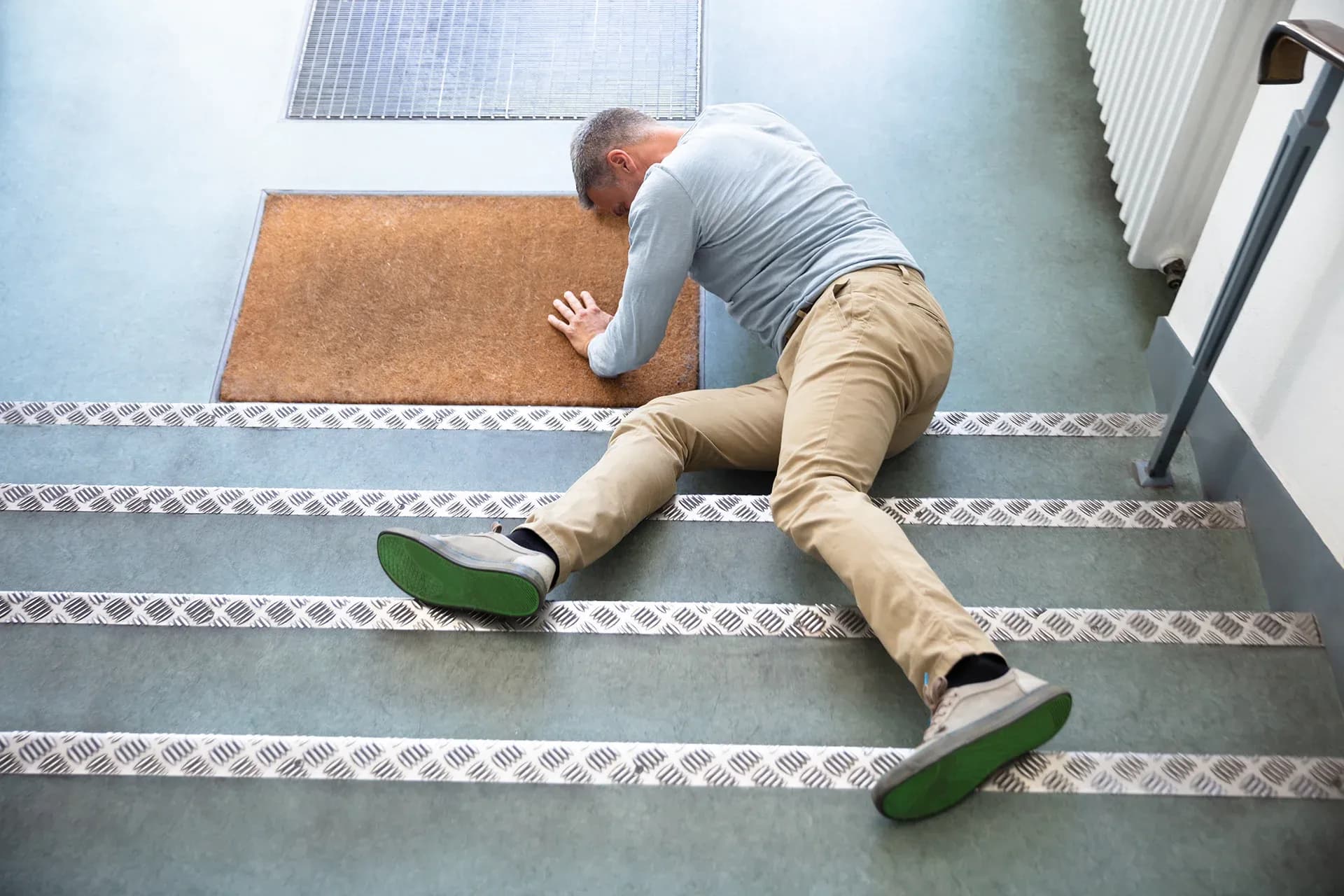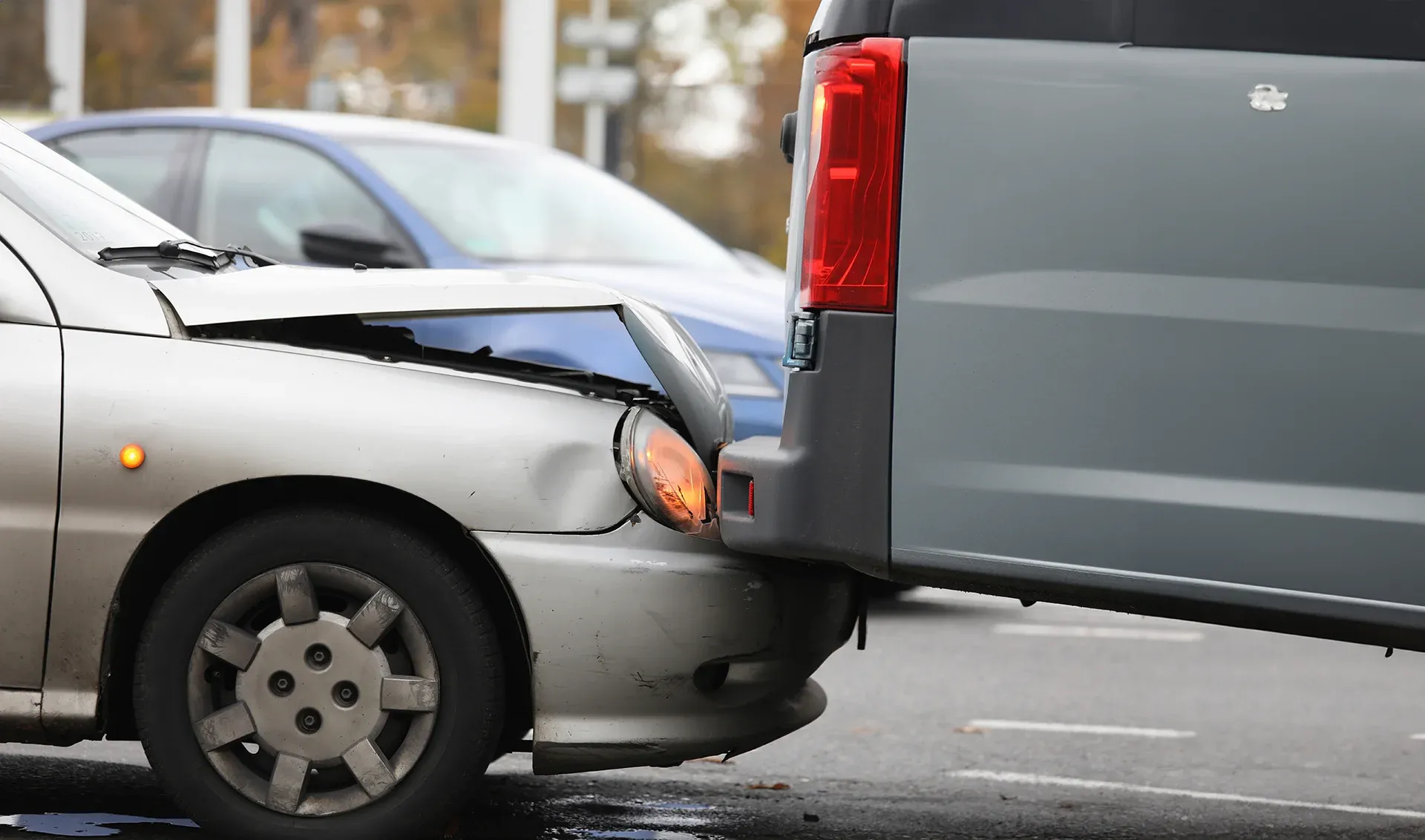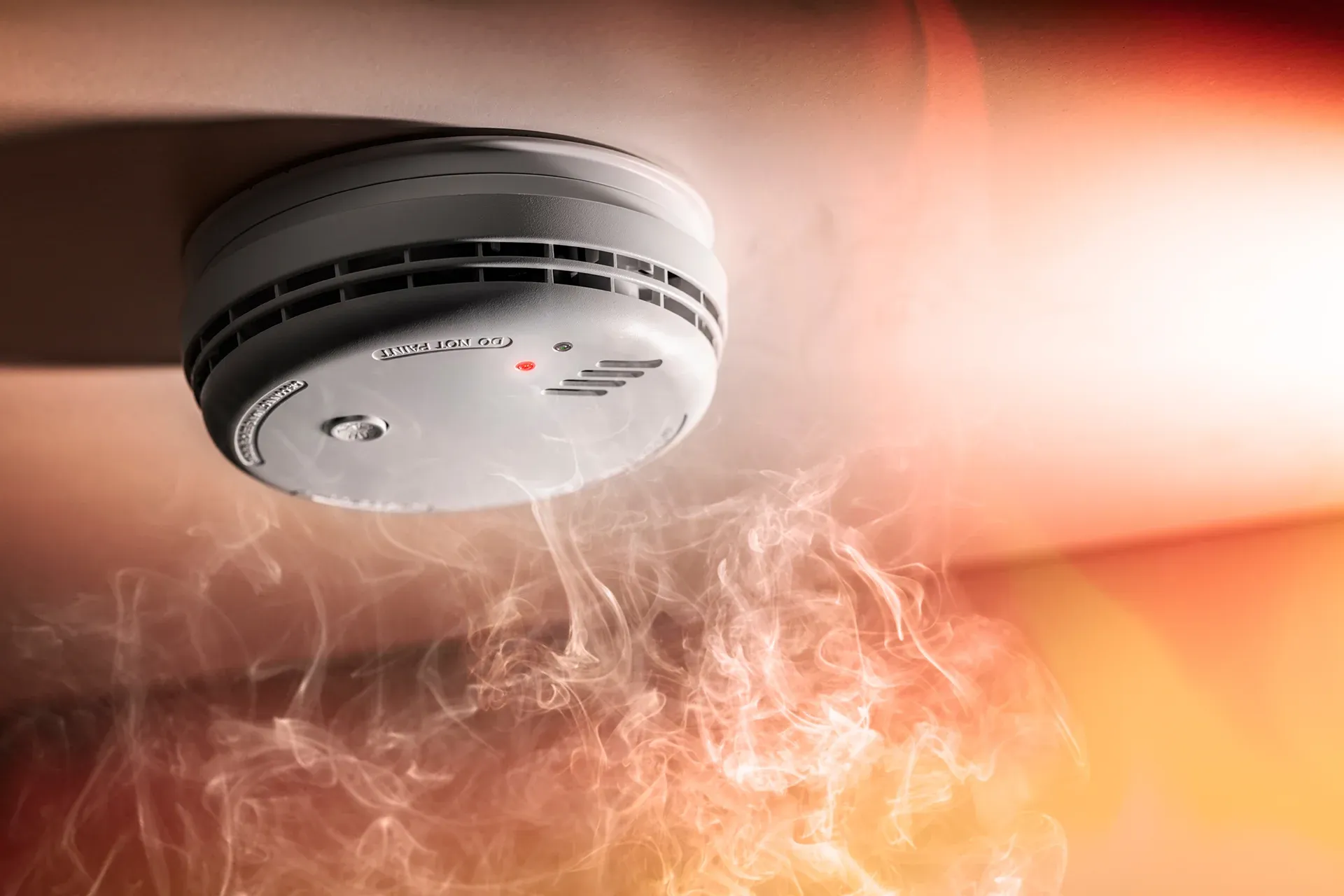How To Prove Negligence In A Personal Injury Case
Illinois has a high number of car accidents, leading to numerous injuries annually. Under Illinois law, individuals involved in car accidents have the legal right to hold negligent drivers responsible for any losses they incur. However, proving ne...

Illinois has a high number of car accidents, leading to numerous injuries annually. Under Illinois law, individuals involved in car accidents have the legal right to hold negligent drivers responsible for any losses they incur. However, proving negligence in a personal injury case can be complex. With the right approach, evidence, and legal strategy, it is possible to achieve a favorable outcome.
In this guide, we will outline some key steps to take to prove negligence in a personal injury case.
What Is Negligence?
Negligence is a legal principle that denotes a lack of reasonable care in one's actions or omissions, leading to harm to another individual. To establish negligence in a personal injury case, the plaintiff, who is the injured party, is required to demonstrate that the defendant, who is the person or entity responsible for the harm, owed a duty of care to exercise reasonable caution, violated that duty, and consequently caused harm.
Establishing Duty of Care
The initial step in demonstrating negligence in a personal injury case is to establish that the defendant owed a duty of care to the plaintiff. This implies that the defendant was legally required to exercise a reasonable standard of care to prevent causing harm to others. For instance, if you are a driver on the road, you owe a duty of care to others, including drivers, passengers, and pedestrians.
Breach of Duty
The next step is to prove that the defendant breached their duty of care. This requires showing that the defendant's conduct fell short of the level of care that a reasonable person would have exercised in similar circumstances. An instance where a driver fails to obey traffic laws or drive responsibly and causes an accident can be considered a breach of their duty of care.
Causation
The plaintiff must demonstrate that there is a causal connection between the defendant's breach of duty and the injuries they sustained. This means showing that the defendant's actions or omissions were a direct cause of the harm suffered by the plaintiff.
Damages
Finally, the plaintiff must give proof of the damages incurred due to the defendant's breach of duty. Damages may include physical injuries, emotional distress, lost wages, and medical expenses. The plaintiff must provide evidence of these damages to recover compensation.
Evidence in a Negligence Case
To prove negligence in a personal injury case, gathering as much evidence as possible is important. This may include witness statements, police reports, medical records, and expert testimony. Preserving any physical evidence, such as damaged property or photographs of injuries, is also important.
Legal Strategy in a Negligence Case
A successful legal strategy in a negligence case requires careful preparation and a deep understanding of the law. This may involve conducting extensive research, drafting persuasive legal arguments, and negotiating with insurance companies or other parties involved in the case.
Contact a Lake County Personal Injury Lawyer Today!
If you or a loved one has been injured due to someone else's negligence, it is important to seek the advice of experienced legal professionals. At Salvi & Maher, LLP, are committed to providing our clients with high-quality legal representation. Contact our Waukegan car accident injury attorneys today at 847-662-3303 and learn how we can help you fight for compensation for your injuries.







